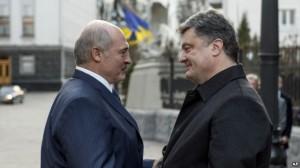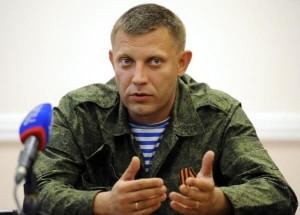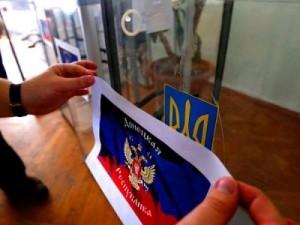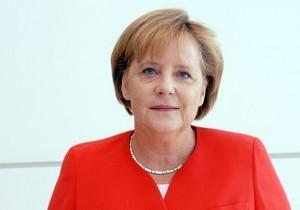Ukraine’s People made their choice; now The West Must Rise To The Occasion
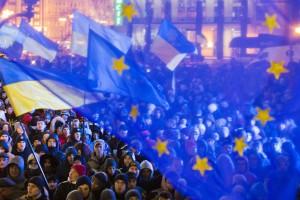
With Shift From Ukraine To Russia, Crimea’s Business And Pleasure Uprooted
Ukraine’s Maidan movement, the choice of President Petro Poroshenko last spring, and this past Sunday’s election of the most pro-European parliament in its history offers the West an historic opportunity. With Sunday’s decisive outcome, the U.S. and Europe need to offer Ukraine assistance through the IMF and other aid channels, a medium term fix for Ukrainian and European dependence on Russian energy imports, increased trade relations, support for deep reforms, and more closely coordinated security assistance. The EU bridge loan announced this week is a good start.
I had the honor of serving as part of an International Republican Institute election observation delegation in North/Central Ukraine this past Sunday, and had the opportunity to interact with a broad spectrum of ordinary citizens as well as representatives of the major parties. To a person, they wanted to be a part of the European Union, learn English, and diversify their trading and energy relations away from Russia. See this pre-election poll from IRI on views towards Russian aggression, political progress, and EU membership.
Ukraine’s turn away from Russia is a dramatic one. Ukraine has been under the rule of the Russian and Soviet Empires for most of the last 300 years. Russian is the lingua franca in much of the country, and to this day Russia remains Ukraine’s largest business partner. A great deal of infrastructure, energy, culture and mindset in Ukraine comes from Russia.
After nearly 4,000 dead soldiers and civilians, Ukraine’s rupture with Russia will not heal anytime soon. There is a profound turn away from Russia and all things Russian. I saw drivers with Russian license plates flying the Ukrainian flag so as not to have their car vandalized. I learned of Russian Orthodox groups in Ukraine quietly retreating on long standing religious conflicts because they were viewed as holding pro-Moscow positions.
Unfortunately, Ukraine is getting its act together in the context of a U.S. distracted by other global crises, and a European Union still exhausted by the financial crisis and European expansion. Following the botched Orange Revolution of 2004, there may also be a lingering “Ukraine fatigue.”
Even with such a clear political mandate, the practical difficulties of shifting away from Russia and towards the EU will make the next few years enormously challenging for Ukraine. The big questions are: Will the Ukrainian government move on the hard reforms needed to address corruption, fix social safety nets , and confront energy issues all while fighting a near frozen conflict with Russia? Secondarily, will the U.S. and EU offer the right kind of assistance to help them succeed?
By Daniel Runde — Forbes
Более подробно читайте здесь: IPnews
Belarus President Offers Support to Ukraine
VOA News — Belarus’ authoritarian President Alexander Lukashenko arrived in Kyiv Sunday to offer his support as UkraineZakharchenko has easily won rebel vote in eastern
As said vote’s organisers, Alexander Zakharchenko has easily won an election for leadership of a breakaway republic inPro-Russian rebels vote to set up a separatist
Pro-Russian rebels voted to set up a separatist leadership in eastern Ukraine on Sunday, aiming to take the war-tornMerkel: Europe won’t recognize election in eastern
German Chancellor Angela Merkel told Russian President Vladimir Putin on the phone that Sunday’s planned elections inНет комментариев.
Информация
Посетители, находящиеся в группе Гости, не могут оставлять комментарии к данной публикации.
